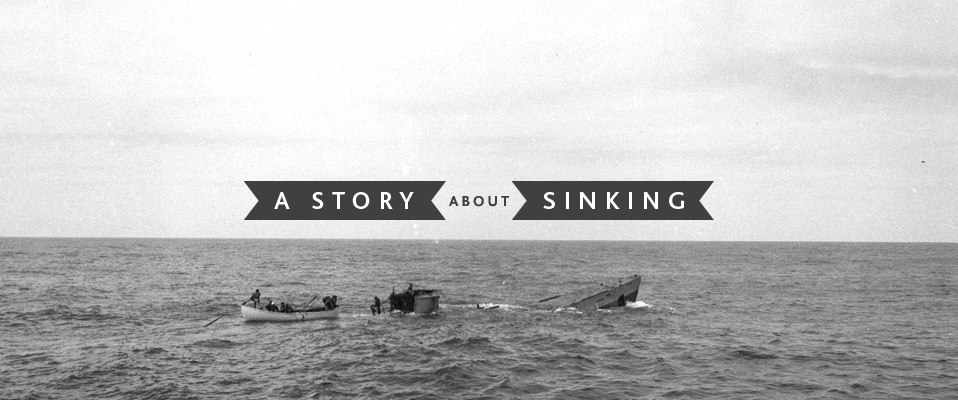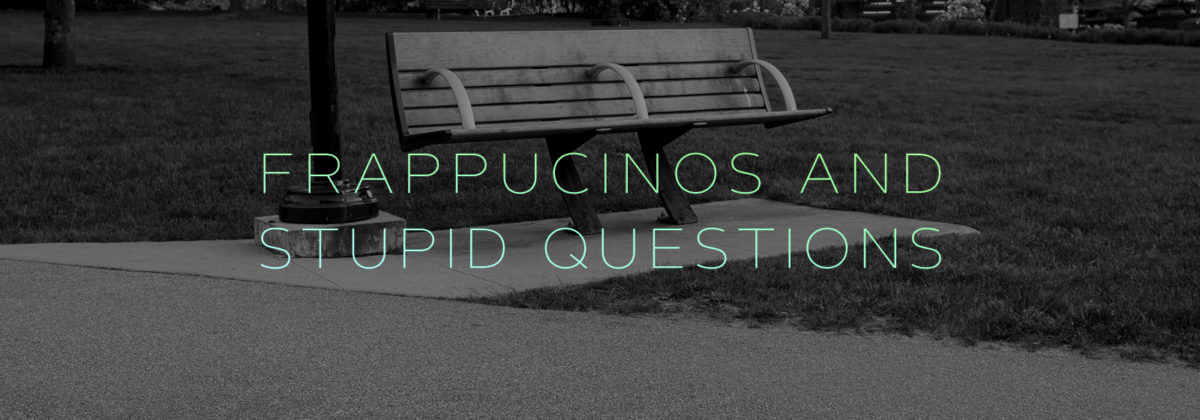It’s January again.
Christmas Day has passed, our holidays are over and after a season of busyness and fun (and perhaps a little over-indulgence), many of us pause for a little self-reflection. For me, this reflection is a bit like a hard look at my face in the cold bare morning light of my bathroom mirror. It is never good, but it can be useful. It’s for this reason, I generally like making resolutions. I think it’s a worthwhile activity to take stock every once in a while and consider what’s working and what’s not. (Some years it feels like the second list is a tad bit longer than the first…)
But the blog series for the month of January isn’t going to be about what sort of resolutions we should make. Instead out posts will focus on why we will eventually mess them up and why the motivations behind them so often miss the mark.
Why?
Pride. Greed. Envy. Lust. Sloth. Wrath. Gluttony. You’ve got it, the big seven.
You might be thinking, Really? You’re going to spend the entire month of January talking about sin?
This can be a tricky word. In our society it is more likely to refer to gooey chocolate cake than to describe the fundamental crack in our nature. In his fantastic book Unapologetic: Why, Despite Everything, Christianity Can Still Make Surprising Emotional Sense, Francis Spufford discusses how our society uses the word sin. It has got to the point that “Everybody knows, then, that “sin” basically means “indulgence” or “enjoyable naughtiness.” It seems so strange and ridiculous that the same word that is used to describe ice cream is used to describe the cause of the massive, cosmic and unavoidable heartbreak of humanity.
How do pride, greed, envy, lust, sloth, wrath and gluttony rob us of our possible selves?
How then, might we define sin in a more helpful manner?
In the same chapter, Spufford defines it as “our active inclination to break stuff — “stuff” here including moods, promises, relationships we care about and our own wellbeing and other people’s.” Sin poisons everything that is good.
That’s the bad news.
While our resolutions may be useful to reorder our habits or make us conscious of what we could do better, it is God who shows us the specifics of our brokenness. Who reveals our true motivations. Who shows us the cracks that run through the foundation. And as we are shown how we are sinful, we are also shown how we can be remade.
So join our bloggers over the next few weeks as we look at what God is showing us about the nature of sin in our lives. How do pride, greed, envy, lust, sloth, wrath and gluttony rob us of our possible selves?
Because the good news is that sin doesn’t have the last word. If our natural inclination is to break stuff, God’s nature is to rebuild. And rebuild. And rebuild.




